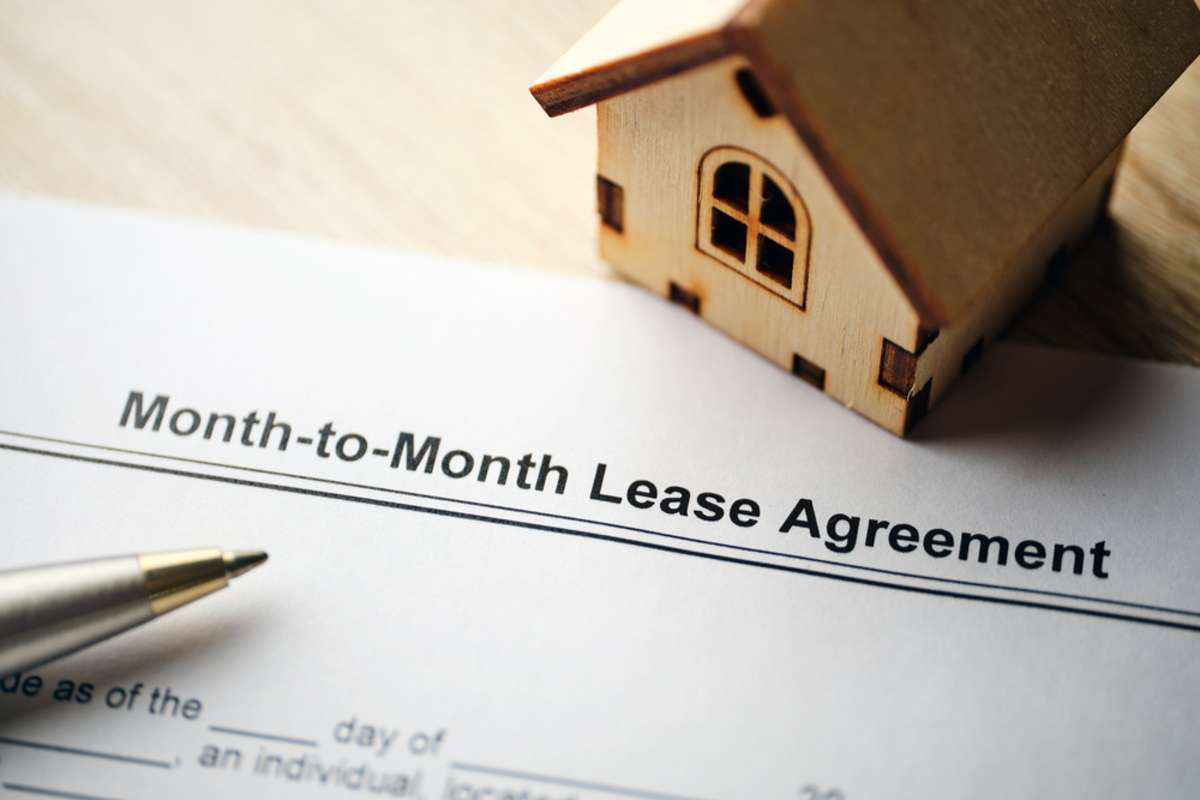When renting out your property, establishing the correct and necessary clauses is essential to protect your rental property and income. One of the most important aspects of a lease is the duration of the agreement. While most people are familiar with the standard one-year lease, many property owners also use month-to-month lease agreements—which fundamentally change how long your tenant is legally obligated to stay in the rental unit.
This blog post will explain a month-to-month lease agreement and how Atlanta property management companies can help you determine when to use this type of contract for your rental property. Read on to learn about the critical differences between a standard lease agreement and month-to-month leases to make an informed decision for your rental properties.
What Is a Month-To-Month Lease Agreement?
A month-to-month lease agreement is a contract between a landlord and tenant that automatically renews every 30 days unless either party gives written notice of their intent to end the tenancy.
Month-to-month leases are standard in situations where the occupant may need the flexibility to move out on short notice, or the property owner wants the ability to raise the rent or evict a troublesome tenant quickly with legal reasons to do so. For example, in vacation rentals or corporate housing, where residents may stay for only a few weeks or months, a month-to-month lease agreement would be more effective than a standard one-year lease.

While monthly leases offer flexibility for owners and renters, there are some potential downsides to consider. However, before we get into those, let's look at the benefits these agreements offer each party.
Benefits of a Month-To-Month Lease Agreement
Renting out your property on a monthly basis can be advantageous for property owners in certain situations. Here are some benefits of a month-to-month lease agreement.
Control Over the End Date of the Tenancy
One of the main advantages of leasing every month is that it gives you more control when your resident vacates the rental unit. If you need to make repairs or renovations to the property, or if you want to sell the property, you can give your renter 30-days written notice to vacate without having to wait out a full-year lease.
Remember: a strong lease agreement is specific about the end of the lease and what’s expected of the resident.
Financial Fluidity
A monthly contract also gives you the ability to raise the rent more frequently than a year-long lease would allow. Good property managers recommend property owners review the fair market value of their rental units and conduct market research at least once a year, then adjust rents accordingly.
With month-to-month leases, you can increase the rent on your property every month if you need to, as long as you give your tenant written notice per landlord-tenant law.
Peace of Mind About Who Lives in Your Rental Unit
When on a monthly contract, you have better control over who lives in your rental unit since you can screen potential renters more frequently. In some cases, month-to-month leases can provide landlords with peace of mind knowing that they can evict a problem tenant quickly if necessary.

The freedom to remove a renter by giving them a 30-days notice can help owners deal with troublesome tenants without resorting to the legal eviction process or waiting out a longer lease.
Drawbacks of a Month-To-Month Lease Agreement
While leasing every month may sound great, there are some potential drawbacks of a month-to-month lease agreement for rental property owners. Here are a few issues to be aware of before allowing renters to commit to a monthly contract.
Inconsistent Income
Since both the landlord and tenants in a month-to-month lease can give 30-days notice to vacate at any time, your rental income may be inconsistent from month to month. This can make it difficult to budget for repairs and maintenance or plan for long-term income generated through the property.
Higher Turnover
With the flexibility this type of rental agreement offers renters, property owners often experience higher turnover than with a standard one-year lease. Without steady monthly rent, this could cost you more money in the long run in terms of marketing the property and the make-ready process each time you need to find a new tenant.
Replacing Tenants on Short Notice
Finding new quality renters on short notice can be difficult. If you have a renter say that they're vacating at the end of the month, you may find yourself in a time crunch to find a replacement resident. While the property sits empty, you lose valuable income.
The Best Atlanta Property Management Company Can Help You Draft the Perfect Lease
Depending on your property and personal investment goals, a month-to-month lease agreement may or may not be the right fit for you. If you're undecided, RW Atlanta can help you draft the perfect lease agreement for your rental property. As one of the best Atlanta property management companies, we ensure that all leases and tenant screening processes comply with state and federal rental laws. Reach out soon to learn how we can help!
Download our free "How To Create a Custom Lease Agreement Checklist" to get started on your next rental agreement!





